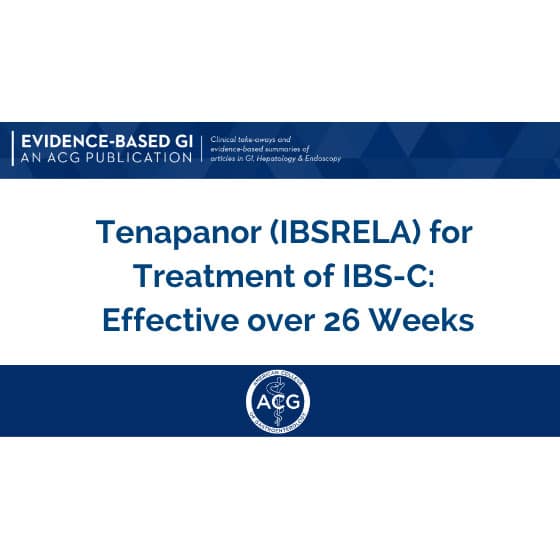What You Need To Know About Eating Disorders and Gastrointestinal Conditions
National Eating Disorders Helpline:
- For 24/7 crisis support, text ‘NEDA’ to 741741
- For all others, call the Toll-Free Phone Number: 1-800-931-2237.
- Helpline phone hours are Monday-Thursday 11AM-9PM ET & Friday 11AM-5PM.
This week is National Eating Disorders Awareness Week, so we wanted to shed light on eating disorders and disordered eating in the GI community.
Gastroenterologist, Dr. Monia Werlang, recently joined us on the Gastro Girl podcast to discuss eating disorders in those with GI conditions and to provide helpful guidance for people who need help.
You Are Not Alone
Eating disorders are not rare. According to Dr. Werlang, research suggests that “about 13% of patients have suffered an eating disorder by age 20.” But it’s important to note that eating disorders can affect anyone.
For example, Dr. Werlang tells us that “about a third of eating disorders occur in men” and “older women can develop eating disorders.” She also goes on to explain that eating disorders are more common in patients with chronic illnesses and autoimmune conditions.
When it comes to GI conditions specifically, Dr. Werlang notes that the prevalence of eating disorders in general gastroenterology practice may be up to 24%. One explanation for this connection could be due to the relationship between food and many GI conditions.
Elimination Diets Should Not Be Taken Lightly
Dr. Werlang reminds us that elimination diets, such as the low FODMAP diet, are not for everyone. While they may help improve symptoms for certain GI conditions, they can potentially be triggering for those with eating disorders or disordered eating.
This is one of the reasons why you should only be following an elimination diet if your healthcare provider has recommended it and if you are being guided by a registered dietitian.
Help Is Out There
Unfortunately, there is a lot of shame and stigma around having an eating disorder or disordered eating. Those with GI conditions may be afraid to discuss their concerns with their healthcare providers because they do not want their GI symptoms to be blamed on an eating disorder.
Thankfully, there are doctors like Dr. Werlang who are helping to raise awareness among gastroenterologists. She recently published a paper called Assessing for Eating Disorders: A Primer for Gastroenterologists.
Dr. Werlang reminds us that eating disorders are treatable and that it’s best to start by speaking to the provider who you trust the most. The road to recovery requires a multidisciplinary approach that usually includes a doctor, psychologist, and registered dietitian all working as a team to help you get better.
Click here to learn more about National Eating Disorders Awareness week and learn about ways to get involved!
Katelyn Collins Wilson, RD is a registered dietitian and health writer specializing in digestive health. Katelyn’s personal experience with a digestive condition first sparked her passion for nutrition and health. Since then, she has been a vocal advocate for the digestive health community and has dedicated her own nutrition practice to serving those with digestive conditions.
Listen to our
latest Podcast!







